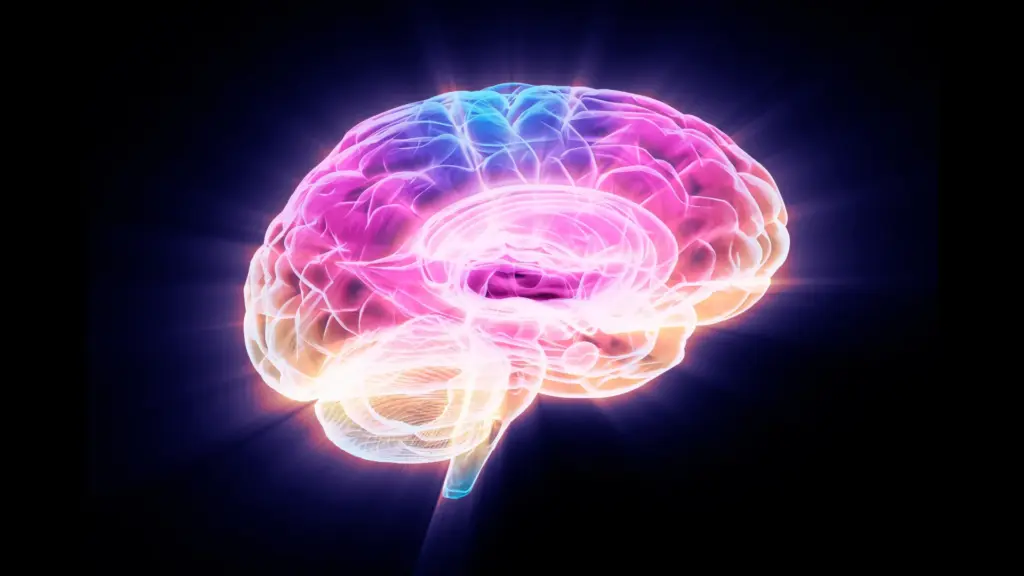Aging is an inevitable process, but the decline in cognitive function that often accompanies it doesn’t have to be. Recent groundbreaking research from UC San Francisco (UCSF) has unveiled a potential key to reversing age-related cognitive decline, offering a beacon of hope for millions grappling with the effects of aging on the brain.
Scientists have identified a specific protein, FTL1, as a primary culprit in the age-related deterioration of the hippocampus, a brain region crucial for memory and learning. This discovery opens exciting avenues for therapeutic interventions aimed at restoring cognitive abilities and potentially slowing down the aging process itself.
The Role of FTL1 in Age-Related Cognitive Decline 🔬
The UCSF researchers conducted a comprehensive study using mice, comparing the genetic and protein profiles of young and old animals. Their analysis pinpointed a single protein, FTL1, that showed significant differences between the two age groups. Older mice exhibited higher levels of FTL1, alongside reduced connections between brain cells (neurons) in the hippocampus and demonstrably impaired cognitive function.
FTL1, or Ferredoxin-like protein 1, is a protein found within cells. While its precise role is still under investigation, this study strongly suggests it plays a significant part in the aging process of brain cells.
Experimental Evidence: Reversing the Effects of Aging 🐭
To further investigate FTL1’s role, the researchers conducted two sets of experiments. First, they artificially increased FTL1 levels in young mice. Remarkably, these young mice began to exhibit the same cognitive impairments and brain structural changes seen in their older counterparts. Their behavior mirrored the cognitive decline observed in naturally aging mice.
In a second experiment, they focused on reversing the effects. This time, they reduced FTL1 levels in the hippocampus of older mice. The results were astonishing: The older mice showed a significant improvement in their cognitive abilities, as measured by memory tests. Critically, their brain cells also demonstrated a recovery of neural connections, effectively reversing the age-related damage.
Cellular-Level Changes: Understanding the Mechanism 🧠
The researchers also observed significant changes at the cellular level. In petri dish experiments, nerve cells engineered to produce high levels of FTL1 developed simpler, less branched structures compared to normal cells. These simpler structures hinder the efficient communication and connectivity between neurons, impacting cognitive function.
Furthermore, FTL1 was found to slow down cellular metabolism within the hippocampus of older mice. However, treatment with a metabolic stimulant successfully counteracted this effect, highlighting a potential therapeutic target for future interventions.
The Implications of this Research: A New Era of Aging Therapies? 💡
The implications of this research are profound. The ability to not just delay but actually reverse age-related cognitive decline represents a major breakthrough in the field of aging research. This study opens up exciting new possibilities for developing therapies targeting FTL1 to mitigate the negative effects of aging on the brain.
The researchers are optimistic that these findings, which build on our understanding of how specific cells like astrocytes fight cognitive decline, could lead to new treatments that block FTL1’s detrimental effects. This is a significant step towards alleviating the consequences of aging.
Key Takeaways 🔑
- FTL1 protein is identified as a key player in age-related cognitive decline.
- Increasing FTL1 levels in young mice mimicked the effects of aging.
- Reducing FTL1 levels in old mice reversed cognitive decline and restored neural connections.
- FTL1 also affects cellular metabolism in the hippocampus.
- This discovery paves the way for potential therapies to combat age-related cognitive decline.
This research marks a significant step forward in our understanding of aging and its impact on the brain. The potential for therapies targeting FTL1 to improve cognitive function in older adults is incredibly promising, offering a new level of hope for a healthier and more vibrant aging experience.
Source: Scientists just found a protein that reverses brain aging



